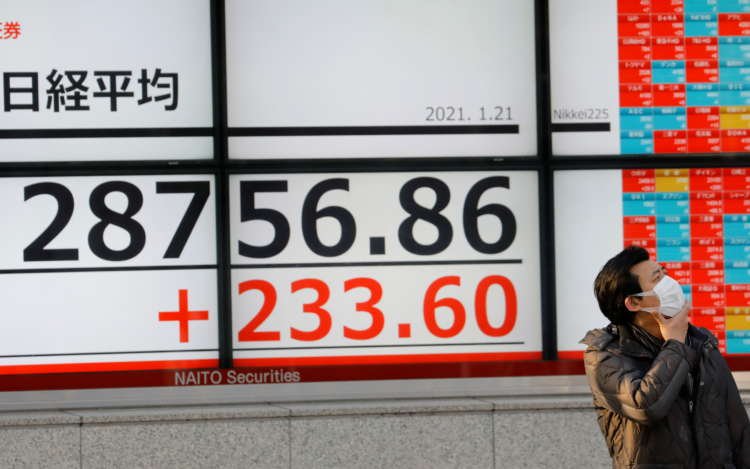Trading
Asia stocks unsettled by yields and oil, Nikkei hit by BOJ shift
Published by linker 5
Posted on March 19, 2021
1 min readLast updated: January 21, 2026

Published by linker 5
Posted on March 19, 2021
1 min readLast updated: January 21, 2026

Explore more articles in the Trading category











